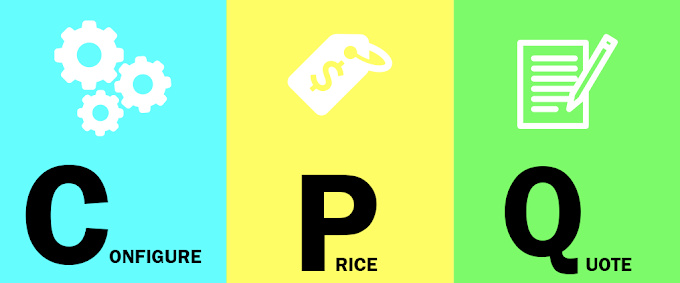When your aim
is to drive business forward and increase profits, you simply cannot afford to
use separate systems to manage your CRM and ERP data. Using disparate systems
means a lot of time is spent on manual data entry from one system to another,
which can have a negative impact on your team’s productivity.
CRM is mainly
involved in storing front-end information that includes keeping a track of
sales and customer interactions, prospects etc. On the other hand, ERP systems
deal with back-end information that includes accounting data, billing and
shipping address etc. If all this information is easily accessible available in
one integrated system, it can definitely help to make your business processes more
efficient and productive.
CRM and ERP Integration
Point-to-point
integration is considered to be an easy form of integration. However, when you
want to make changes in the two applications that are connected via this integration
architecture, things get complicated and soon become an IT maintenance headache.
For instance, implementing scalability changes in both the applications is no
easy job. With point-to-point integration failing in terms of flexibility, it
is not a recommended solution for CRM integration
with ERP. So for a growing business, this integration architecture is never a
good option.
CRM and ERP integration via iPaaS is one of the
latest technology trends found to be extremely flexible and scalable. iPaaS
that stands for integration platform as a service is a cloud integration
solution for connecting software applications that are deployed in both
on-premise and cloud environment.
The main
feature of iPaaS is the speed and simplicity with which it can achieve
integrations among different systems. It is a multi-tenant platform that
ensures connectivity between cloud-to-cloud, on-premise-to-premise and even
cloud-to-on-premise. So using iPaaS will ensure quick, easy and secure
integration of CRM and ERP applications and allow seamless flow of data between
systems.





0 Comments